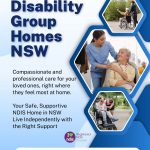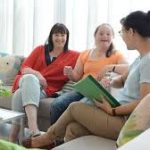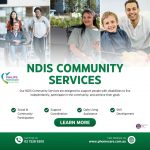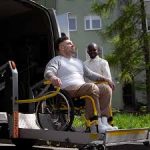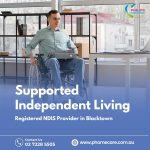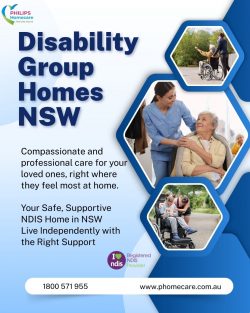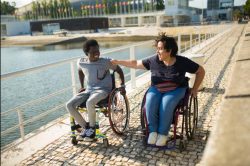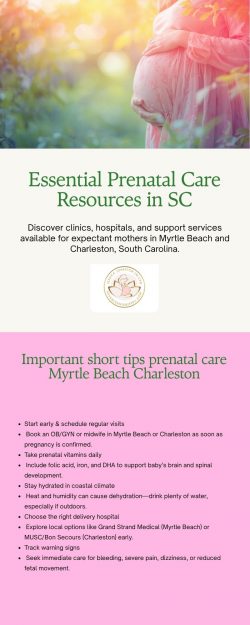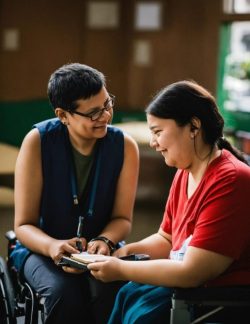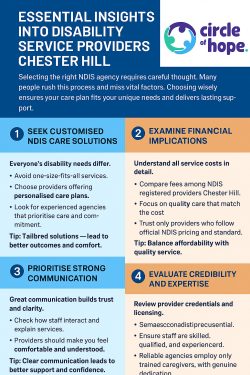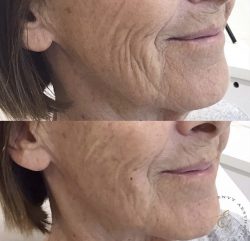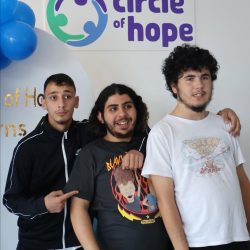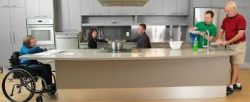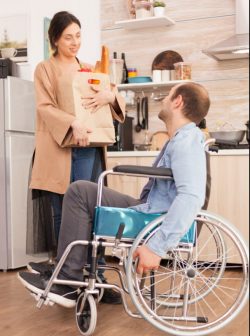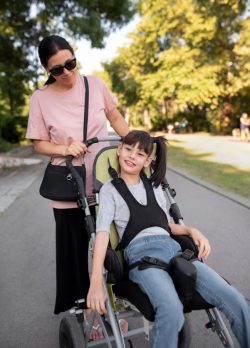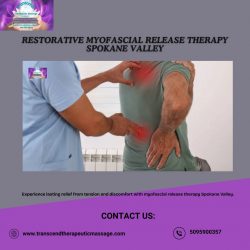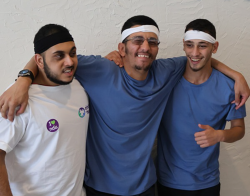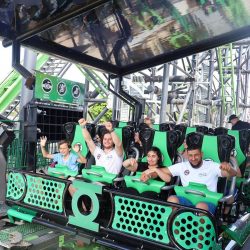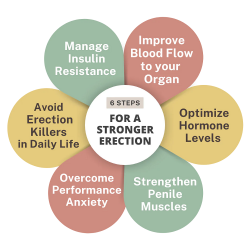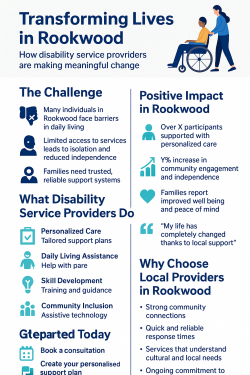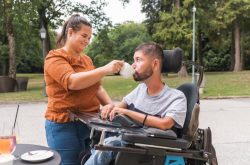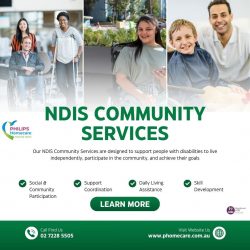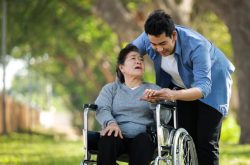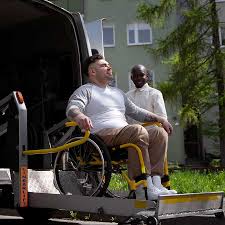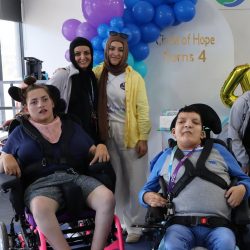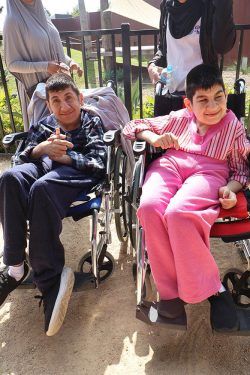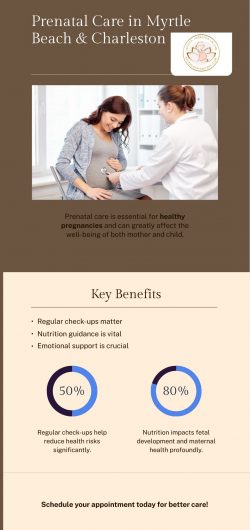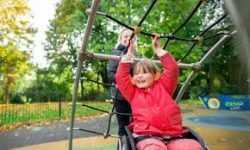How Communities Support SDA Participants
Living in NDIS supported disability accommodation (SDA) offers participants a chance to enjoy independence, comfort, and safety. However, the role of the wider community is equally important in making this experience positive and fulfilling. Communities play a crucial part in supporting SDA participants, helping them lead meaningful and connected lives.
One of the key ways communities support SDA participants is through social inclusion. By creating welcoming environments in local parks, shops, schools, and community centres, people with disabilities can engage in everyday activities alongside others. This inclusion reduces isolation and builds confidence, ensuring participants feel part of society.
Local support networks also play a vital role. Neighbours, friends, and volunteers often assist SDA participants with daily routines, from grocery shopping to attending medical appointments. Such practical support complements the care provided in NDIS supported disability accommodation, making day-to-day life smoother and more enjoyable.
Community programs and events are another important factor. Recreational activities, sports clubs, and cultural events encourage SDA participants to explore new interests and develop social skills. These experiences promote independence while fostering a sense of belonging. When communities actively provide accessible programs, SDA participants can participate fully without barriers.
Education and awareness within communities are essential as well. When people understand the needs and abilities of individuals living in NDIS supported disability accommodation, it leads to more empathy, acceptance, and meaningful interactions. Community education helps break stereotypes and creates an environment where participants feel respected and valued.
Healthcare and allied services within the community also support SDA participants. Local doctors, therapists, and counsellors working closely with participants ensure their health and well-being are maintained. When these services are easily accessible, participants can enjoy a higher quality of life while living independently.
Finally, advocacy groups and local councils provide guidance and resources to support SDA participants. They help address challenges related to accessibility, safety, and social inclusion, ensuring that the NDIS supported disability accommodation system works effectively for everyone involved.
In conclusion, communities are not just a backdrop for SDA living; they are active partners in helping participants thrive. From social inclusion and practical support to accessible services and education, a supportive community enriches the lives of those in NDIS supported disability accommodation. By fostering collaboration and understanding, communities help participants live independently, confidently, and happily.
Learn More: https://www.phomecare.com.au/2024/12/30/supported-disability-accommodation/

